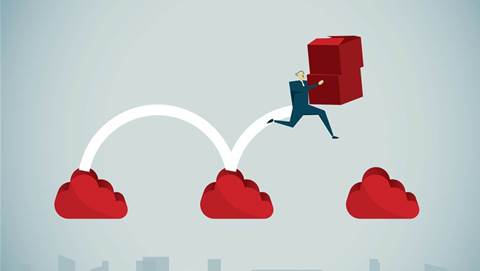"Apple beat RIM. Research in Motion sold 6.7 million Blackberry products and we sold 6.9 million iPhones," said CEO Steve Jobs, a surprise participant in Tuesday's Q4 earnings call. Jobs, who normally doesn't comment during Cupertino, Calif.-based Apple's quarterly calls, added that Apple is now "the third largest mobile phone supplier" in the world, in terms of revenue.
Apple's revenues for the year were US$32.5 billion, up from US$24.0 billion in 2007, the company reported. Net income for the last 12 months was US$4.8 billion, up from US$3.5 billion in the previous year. For the quarter, Apple posted a 26 percent gain in net income over the year-ago period, when profits were US$904 million.
Jobs said the iPhone now represents 39 percent of Apple's business. Asked about the viability of having a single product in a market where makers of smartphones usually have several different SKUs, he quipped, "Babe Ruth had only one home run. He just kept hitting it over and over again."
With 6.9 million units sold in Q4, Apple's second-generation 3G iPhone, which debuted in July, has already sold more units in its first quarter of availability than the first-generation iPhone did over the five quarters following its release in June, 2007, the company reported. Apple has sold 6.1 million first-generation iPhones, including 1.1 million in Q4 2007.
The company also reported sales of 2.6 million Macintosh computers during the quarter, representing 21 percent unit growth over Q4 2007 and a record for a non-holiday quarter, according to chief financial officer Peter Oppenheimer. Apple sold 11.1 million iPods in Q4, 8 percent unit growth over the year-ago quarter.
Jobs touched briefly Tuesday on the ongoing economic crisis, saying companies with strong cash reserves -- like Apple -- may find "extraordinary opportunities" in the current climate. Apple's customers, he said, "may postpone purchases [of Apple products] in tough times" but were unlikely to switch to competitors' products.
"Will the downturn drive some of our customers to cheaper products? I'd be surprised if it happened in large numbers," Jobs said.
See original article on CRN.com
























